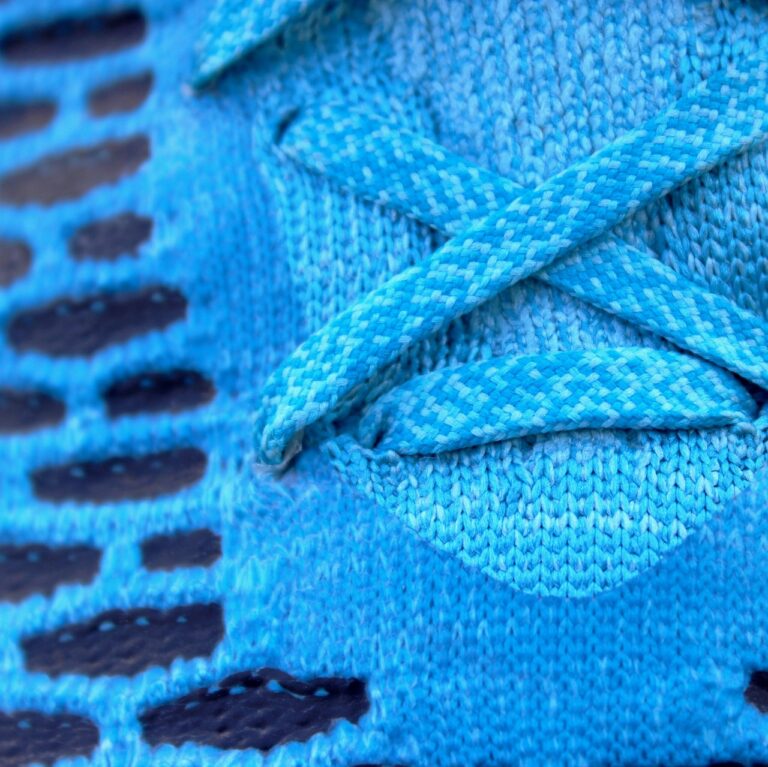The Role of Birdwatching in Rheumatology Rehabilitation: Bet bhai login, Radheexch, Lotus365
bet bhai login, radheexch, lotus365: Birdwatching is a hobby that has been gaining popularity in recent years, not only for its ability to connect us with nature but also for its potential therapeutic benefits. While many people engage in birdwatching purely for leisure, this activity can also play a significant role in rheumatology rehabilitation.
Rheumatology rehabilitation is a specialized branch of medicine that focuses on improving the quality of life for individuals suffering from rheumatic diseases, such as arthritis. These conditions can cause pain, stiffness, and limited mobility, making everyday tasks challenging. Traditional treatment methods often include medication, physical therapy, and lifestyle modifications.
However, incorporating birdwatching into rheumatology rehabilitation programs can offer additional benefits to patients. This activity encourages gentle movement, increases physical activity, reduces stress, and provides opportunities for socialization. Here are some ways in which birdwatching can contribute to the rehabilitation process:
1. Physical Activity: Birdwatching involves walking, standing, and sometimes even climbing, depending on the terrain. These gentle movements can help improve joint flexibility, strengthen muscles, and increase overall physical activity levels.
2. Stress Reduction: Spending time in nature and observing birds has been shown to have a calming effect on the mind. This can help reduce stress levels, which can contribute to the management of pain and inflammation associated with rheumatic diseases.
3. Cognitive Stimulation: Birdwatching requires focus, patience, and attention to detail. Engaging in this activity can help improve cognitive function, memory, and concentration, which are often affected by chronic pain conditions.
4. Social Interaction: Birdwatching can be a social activity, whether done alone or in a group. Connecting with others who share a similar interest can provide emotional support, reduce feelings of isolation, and improve overall well-being.
5. Mindfulness Practice: Observing birds in their natural habitat encourages mindfulness, the practice of being fully present in the moment. This can help individuals with rheumatic diseases manage their pain and discomfort more effectively.
6. Sense of Achievement: Successfully spotting a rare bird or identifying different species can create a sense of accomplishment and boost confidence. This feeling of achievement can be motivating and empowering for individuals going through rehabilitation.
Incorporating birdwatching into rheumatology rehabilitation programs can enhance the overall effectiveness of treatment and improve patient outcomes. Healthcare providers are increasingly recognizing the importance of holistic approaches that address not only physical symptoms but also mental, emotional, and social well-being.
FAQs:
Q: Can birdwatching replace traditional treatments for rheumatic diseases?
A: Birdwatching can be a beneficial supplement to traditional treatments for rheumatic diseases but should not replace medical advice or prescribed therapies. It is essential to consult with healthcare providers and rheumatology specialists to create a comprehensive treatment plan.
Q: Do I need special equipment to start birdwatching?
A: While binoculars and a field guide can enhance the birdwatching experience, they are not necessary to get started. Simply spending time in nature and observing birds with the naked eye can be equally rewarding.
Q: How can I find birdwatching groups or clubs in my area?
A: Many local nature centers, parks, and bird sanctuaries offer birdwatching events and guided tours. You can also search online for birdwatching groups or clubs in your area to connect with like-minded individuals.
In conclusion, birdwatching can play a valuable role in rheumatology rehabilitation by promoting physical activity, reducing stress, stimulating cognitive function, fostering social interaction, encouraging mindfulness, and boosting confidence. By incorporating this simple yet powerful activity into rehabilitation programs, healthcare providers can help individuals with rheumatic diseases improve their quality of life and well-being. Whether you are a beginner or an experienced birder, consider adding birdwatching to your daily routine for a holistic approach to wellness.







